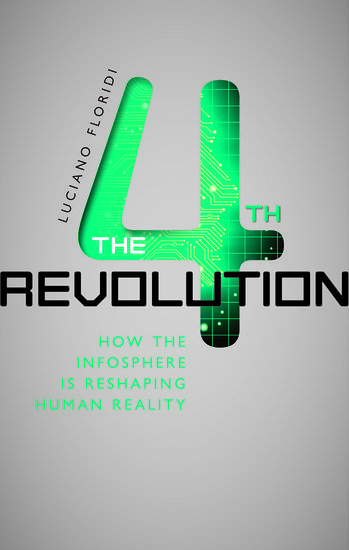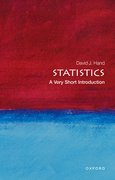A very short trivia quiz
In order to celebrate Trivia Day, we have put together a quiz with questions chosen at random from Very Short Introductions online. This is the perfect quiz for those who know a little about a lot. The topics range from Geopolitics to Happiness, and from French Literature to Mathematics. Do you have what it takes to take on this very short trivia quiz and become a trivia master? Take the quiz to find out.












